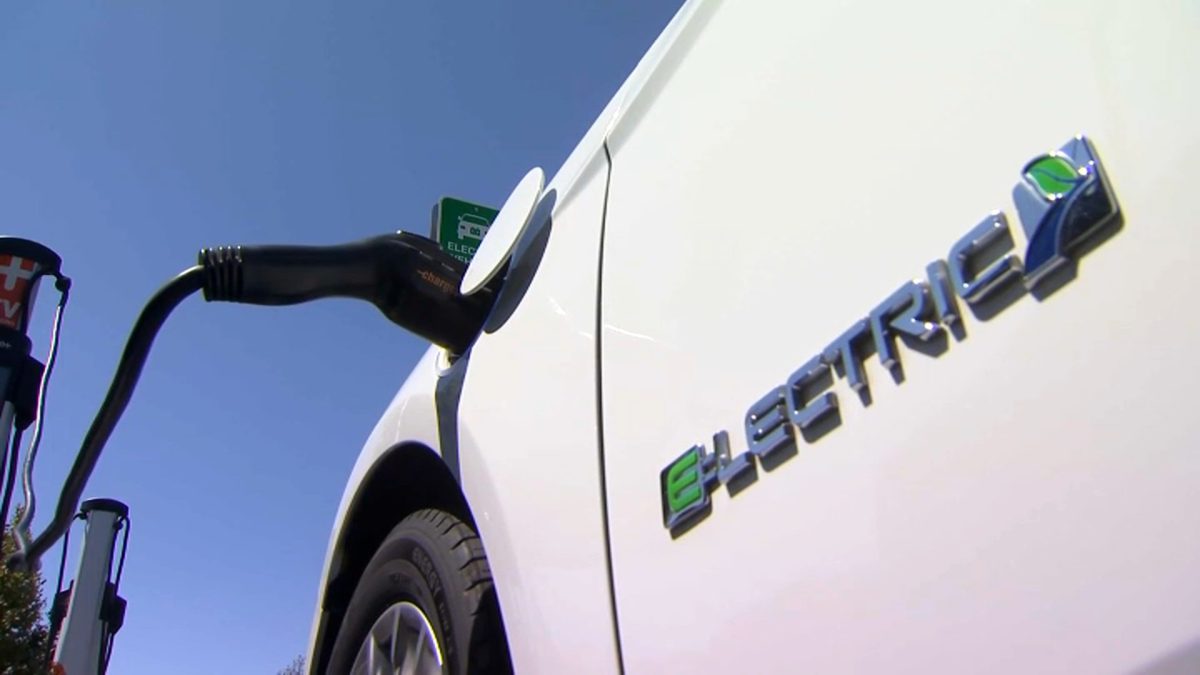Connecticut's Democratic governor and legislative leaders announced Friday they reached an agreement on a revised budget, saying it still includes funding for additional early childhood education slots and other major initiatives, despite a recent drop in the state's projected surplus by hundreds of millions of dollars.
"I'm proud of this budget," said Gov. Dannel P. Malloy. "I'm proud of the steps we've taken."
But because of the state's revenue decline, the agreement postpones some planned tax relief, such as the reinstatement of sales tax exemptions on non-prescription drugs and up to $50 in clothing and footwear.
The deal also scraps previously approved plans to allow the state Lottery Corporation to run keno, a gambling game that has not yet been implemented. While keno was included last year in the two-year budget as a way to generate more state revenue, many lawmakers have since voiced regret with the decision to allow the game, likely at bars and restaurants. With the agreement Friday, lawmakers will have to repeal the language that allowed keno in the state.
Democratic leaders, who control the General Assembly, plan to call the approximate $19 billion budget bill for a vote this weekend. While Malloy lauded the plan for being balanced and holding spending growth to 1.6 percent, it is doubtful it will get much support from the legislature's minority Republicans, who have accused Malloy of ignoring the projected deficits in future years and the state's continued fiscal woes.
"I think what we witnessed today was, how do I get to November without the people of Connecticut knowing what's really going on," said Senate Minority Leader John McKinney, one of a six Republicans hoping to challenge Malloy for governor in November.
Malloy acknowledged that this year's legislative session, which ends May 7, has had its "surprises and challenges." This week he was forced to pull the plug on his proposed $55-per-person tax refund and an additional $100 million pension payment because the state's projected surplus had collapsed by $461.5 million to $43.4 million — money that will be deposited in the state's Rainy Day Fund under the Democratic agreement.
Local
Malloy's administration blames much of the surplus funds drop on personal income tax collections from wealthy people. It said more people than expected claimed investment income in 2012, ahead of the Jan. 1, 2013, expiration of former President George W. Bush's tax cuts.
The governor, who is seeking a second term this year, said he still believes the state's economic condition is improving, despite future projected $1 billion state budget deficits. Malloy questioned the accuracy of such projections given the budgetary changes his administration has instituted over the past 3½ years.
"I actually feel pretty good. There will be no tax increase in the future. We will not overspend," he said. "We have a pretty consistent rate of increase of spending."
Keno has been a contentious issue in Connecticut for years. Under last year's plan, the state's two federally recognized tribes would have received 12.5 percent of keno's gross operating revenues because both contend they have exclusive rights to such games at their casinos under a compact with the state.
A spokesman for the Mohegans said Friday the tribe respects the state's decision.



